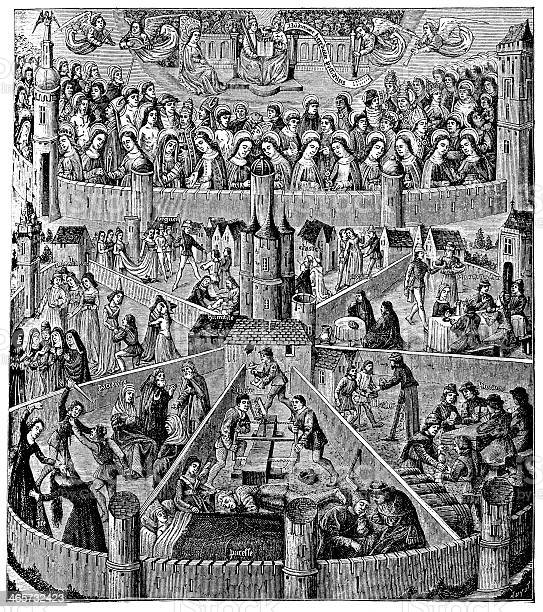Strive To Finish Strong
Rev. Marcel Divine Emeka Okwara, CSsR
Homily for the Sixth Sunday of Easter, Year C
St. Bridget Catholic Church, Minneapolis, MN
Sunday, May 22, 2022
Sisters and brothers, since the second Sunday of Easter, our second reading has been from the Book of Revelation. The word Revelation comes from the Latin “Revelatio,” but in Greek it is “Apokalypsis”— which literally means “unveiling.” As the last book of the Bible, Revelation has fascinated and enchanted Christians and non-Christians for two thousand years. But it bears repeating that the Book of Revelation is not primarily about the end of the physical world, rather, it is meant to unveil something that every generation of Christians, and may be non-Christian readers need to see and grasped—namely, a new world that God wants to see emerge from the ruins of the old.
As a habit, my homilies usually come from the Gospel passage of the day because of the great noteworthiness of the books of the Gospels. Without doubt, every book in the Bible— from Genesis to Revelation is divinely inspired. But the four books of Gospels— Matthew, Mark, Luke and John exist in the class of their own. That’s why we stand up and remain standing as the Gospel passage of each Mass is read and proclaimed. The Gospel is the Word of the historical Jesus, so before it is read, we ascend from our base position of worship because it is a great honor to hear it. By standing, we acknowledge the significance of hearing His very own words. The overwhelming majority of my homilies and reflections are based on the Gospel of the day, but today I am going to preach on the second reading of this Sunday taken from the Book of Revelation 21:10-14,22-23.
Today we continue to read some of the series of visions God gave to St. John in his old age while he was in exile on the island of Patmos. John says he saw a great, gleaming, glorious, golden city majestically descends from heaven from God. We don’t see cities descend like snow, rather they ascend like plants. The kind of cities we see are made by human hands from the things of earth. As for the city that John saw, its builder and maker is God. What is this city? It is the city of God, not just a bunch of buildings.
John says this city of God has twelve gates, and on those gates were inscribed the names of the twelve tribes of Israel. But there is something else that John saw. He also noticed that the wall of the city has twelve course of stones as it foundation, and on them were written the names of the twelve Apostles of Jesus. We can assume that before Judas Iscariot traded his friendship with Jesus for 30 pieces of silver, his name was on one of those foundation pillars of the city of God. It means that on one of those foundations where his name was previously written, his name will be scratched out and replaced with the name of Matthias. What does that mean? As a baptized member of the Church, your name is already written in heaven in God’s own book. However, if you don’t finish your assignment, God will raise somebody else to do what he called you to do. God can find someone to do whatever he has asked you to do for which you did not do. God can use someone who is getting drunk in a bar right now, or somebody doing drugs on the street. God can set them free and use them to finish your assignment. That’s why the Book of Revelation 3:11 warns us, “… Hold fast to what you have, so that no one may take your crown.” It is possible for someone to get your reward in heaven because you didn’t finish strong. Like King Solomon, you started well, but then lost your way. As a priest, if I don’t finish my assignment, somebody else will. If you don’t finish your assignment, somebody will.
What do we need to do for our names to stay in God’s book of life? In today's Gospel Jesus says, “Whoever loves me will keep my word, and my Father will love him, and we will come to him and make our dwelling with him” (John 14:23). Although salvation is God’s free gift, but it is not cheap. It will cost us something: obedient love for Jesus. There is no love without faithfulness. So, if you don’t want your name scratch out from the Book of Life, you must put oneself always on the side of Jesus and assume his point of view.




No comments:
Post a Comment